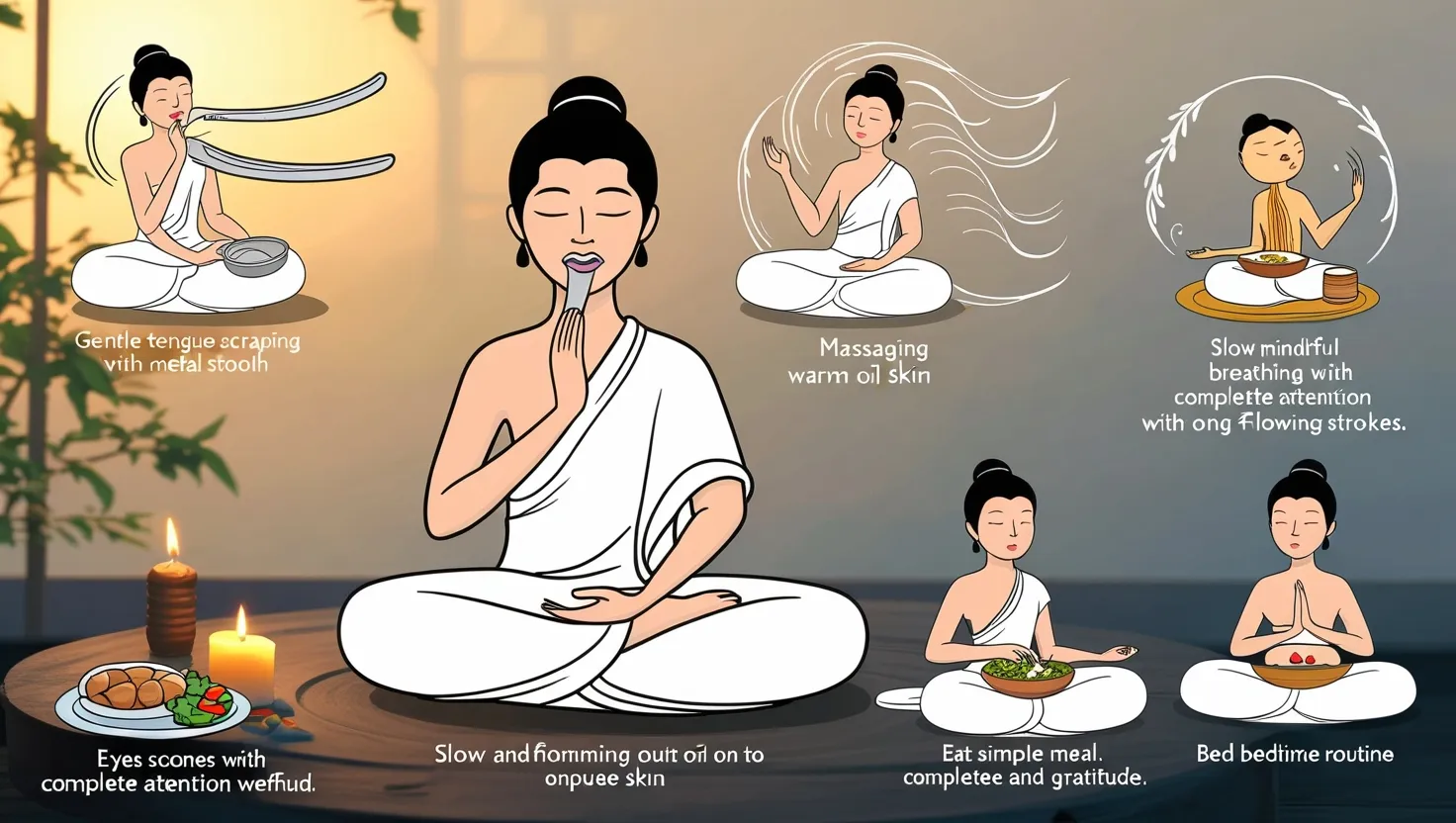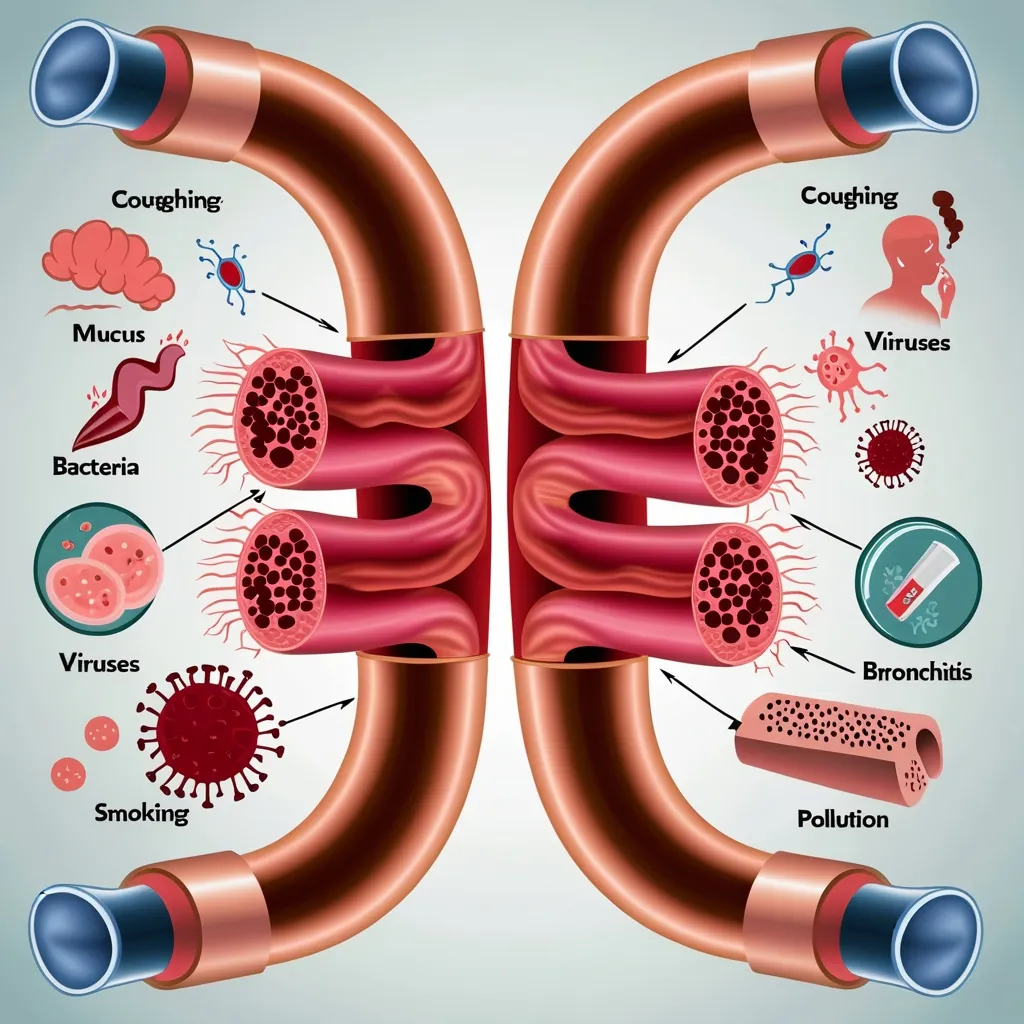In the midst of our modern hustle and bustle, it’s easy to forget that the ancient Greeks were pioneers in the pursuit of mental well-being. Their philosophies and practices, though rooted in a different era, offer timeless wisdom that can significantly enhance our psychological resilience and overall well-being.
Let’s start with the concept of self-examination, a practice that Socrates championed with his famous assertion, “The unexamined life is not worth living.” Self-examination is more than just a casual glance at our thoughts and actions; it’s a deliberate and regular introspection that helps us identify our personal values, motivations, and areas for growth. Imagine setting aside a few minutes each day to journal or meditate, reflecting on what truly matters to you and where you might need to adjust your path. This simple yet profound practice can clarify your priorities and guide you towards a more fulfilling life.
Another valuable technique is engaging in rational dialogue, a method popularized by Socrates through his relentless questioning of beliefs and assumptions. This approach, known as the Socratic method, leads to clearer thinking and better decision-making. You can apply this by discussing complex issues with others or challenging your own thoughts through internal dialogue. Picture yourself in a quiet café, engaged in a deep conversation with a friend, or sitting alone, questioning your own beliefs and assumptions. This process not only sharpens your critical thinking but also fosters a deeper understanding of yourself and the world around you.
The ancient Greeks also valued the concept of moderation, encapsulated in the phrase “nothing in excess.” This principle of balance is as relevant today as it was back then. Moderation is about avoiding extremes in all aspects of life, whether it’s work, leisure, or consumption. By maintaining this balance, you can achieve mental equilibrium and reduce the stress that often comes with excess. Think about your daily routine – are you working too much and neglecting your personal life? Or are you indulging too heavily in leisure activities and ignoring your responsibilities? Finding that middle ground can be a powerful step towards mental stability.
Aristotle’s concept of eudaimonia, or human flourishing, is another gem from ancient Greek philosophy. Eudaimonia is about living a life of virtue and developing your full potential. It involves setting meaningful goals that align with your personal values and working consistently towards them. This isn’t just about achieving success; it’s about living a life that is rich in purpose and fulfillment. Imagine setting goals that truly resonate with you, whether it’s learning a new skill, building meaningful relationships, or contributing to your community. Pursuing eudaimonia is a journey that can bring a sense of direction and satisfaction to your life.
Finally, there’s the practice of catharsis, which was often achieved through Greek tragedies. These plays were believed to provide emotional purification through vicarious experience, allowing audiences to process and release pent-up feelings. You can apply this principle by engaging with art, literature, or music that resonates emotionally with you. Whether it’s reading a novel that touches your heart, watching a movie that evokes strong emotions, or listening to music that speaks to your soul, these experiences can help you release and manage your emotions in a healthy way.
In addition to these philosophical practices, the ancient Greeks also had practical approaches to mental well-being. For instance, they believed in the harmony of the body and mind, which is why physical exercise was considered essential. Gymnasiums were common, and activities like running, wrestling, and gymnastics were practiced to maintain fitness. This holistic approach to health underscores the importance of physical activity in maintaining mental balance.
Bathing and hygiene were also highly valued in ancient Greek society. Communal baths were not just places for physical cleanliness but also social hubs where people could relax and socialize. This practice highlights the importance of self-care and social interaction in maintaining mental health.
The diet of the ancient Greeks was another aspect of their wellness culture. Hippocrates, often regarded as the father of Western medicine, emphasized the significance of food and its impact on health. His famous saying, “Let food be thy medicine and medicine be thy food,” remains a relevant reminder of the importance of a balanced diet in maintaining both physical and mental health.
In ancient Greece, mental illness was also addressed through various treatments, some of which might seem unconventional to us today. For example, music, painting, and walking in nature were prescribed to calm the anxious and console the grieving. The Sanctuary of Asclepius at Epidaurus, a place of healing and worship, was designed to provide a serene and restful environment where patients could meditate, bathe in healing waters, and engage in rituals to purify themselves. These practices, though rooted in myth and magic, laid down rudimentary elements of medical psychology and psychiatry that are still studied today.
As we reflect on these ancient Greek practices, it becomes clear that they were ahead of their time in understanding the interconnectedness of body, mind, and spirit. By incorporating these techniques into our daily lives – through self-examination, rational dialogue, moderation, the pursuit of eudaimonia, and catharsis – we can develop greater self-awareness, emotional balance, and overall mental well-being.
In a world that often values speed and efficiency over introspection and balance, these ancient practices offer a refreshing alternative. They remind us that true well-being is not just about achieving success or avoiding stress but about living a life that is rich in purpose, virtue, and emotional health. So, take a moment to step back, breathe deeply, and reflect on how these timeless wisdoms can enrich your life today.






